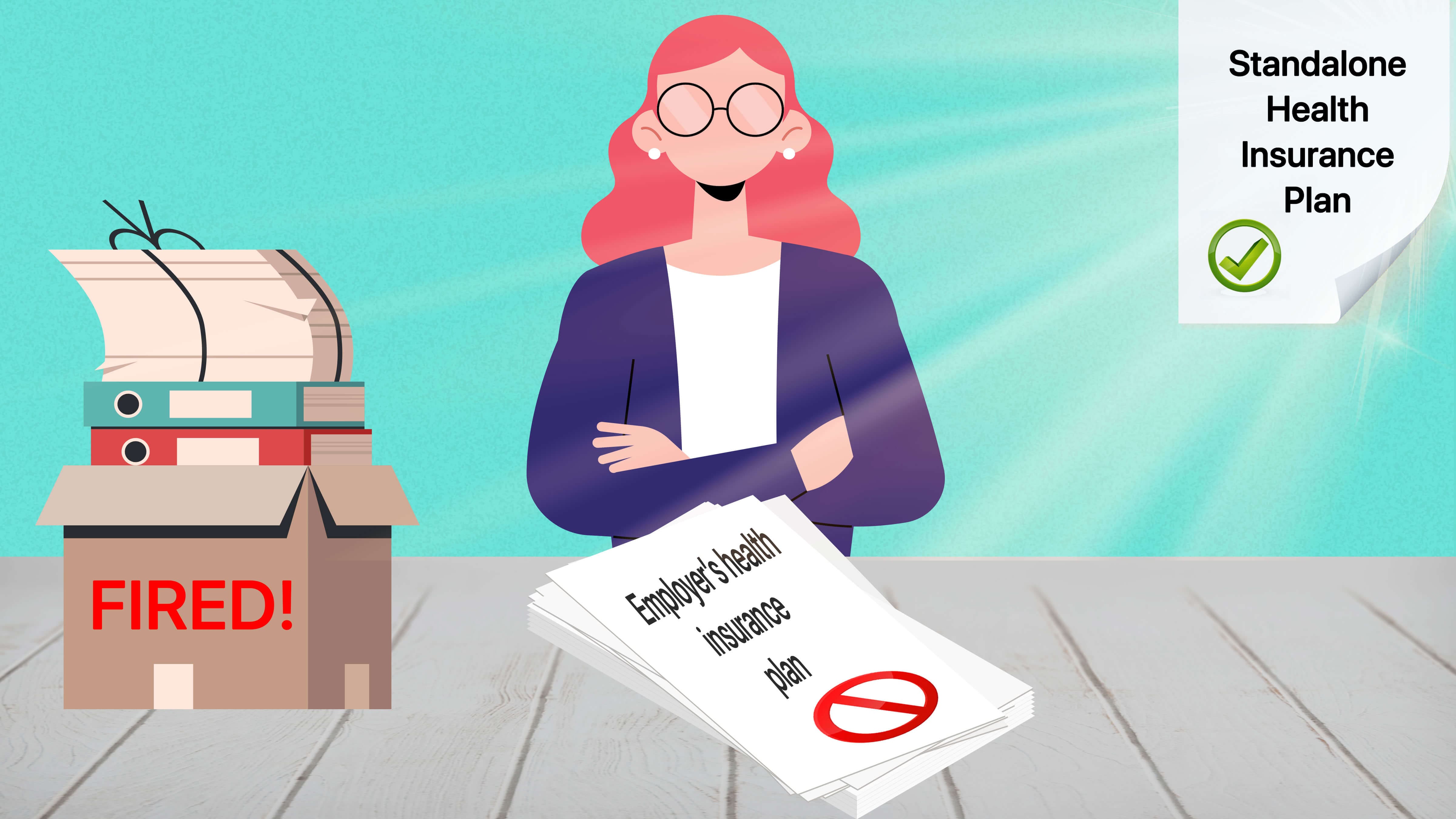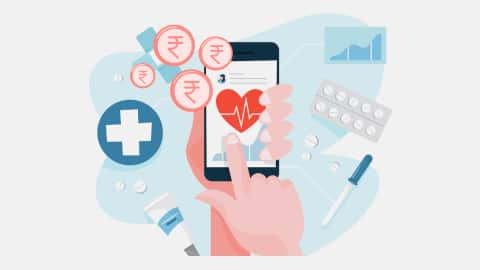1
Feeling Inadequately Insured? 3 Ways To Extend Your Health Insurance CoverDecoding Insurance
Lessons From The US Market: Why An Employer’s Health Insurance Is Never Enough?
A recent report from the Economic Policy Institute says that an estimated 3.5 million workers likely lost their employer-provided health insurance due to Coronavirus layoffs between March 23-April 2. A staggering 16.8 million unemployment claims were filed in the last three weeks in the US. Meanwhile, 49% of Americans receive insurance through their employer only, according to the Kaiser Family Foundation, a non-profit organization that focuses on major healthcare issues.
This is an alarming situation because, in addition to job losses, Americans have also lost their health insurance coverage thus impacting their livelihoods and health care expenses. Moreover, the cost of treatment for Covid-19 in the US is exorbitant.
A recent report by a healthcare costs database non-profit, FAIR Health which looked at the economic impact of the Coronavirus pandemic on the healthcare system, found that a six-day inpatient stay for treatment of Coronavirus symptoms would cost 100% of the price for someone without insurance: a whopping average of $73,300. Those with insurance are estimated to have an average medical bill for the same duration stay of $38,221.The United States is a perfect example as to why you shouldn't depend solely on your employer's health insurance.
INDIAN SCENARIO
India is also witnessing huge job losses in multiple sectors already. A recent report by KPMG, a financial services and business advisory firm, said that the Indian tourism and hospitality industry is staring at a potential job loss of around 38 million, which is 70% of the total workforce due to Covid-19. The situation is all the more dismal because, according to a 2019 report by the National Statistical Office (NSO), only 14% of the rural population and 19% of the urban population said they had health expenditure coverage.
The youth believes that if they are working, their employer offers a group health cover and that’s more than enough for them, considering the example of the United States, you may better understand why you shouldn't solely depend on your employer's health insurance plan.
Treatment of Covid-19 in a general ward in India can cost you almost Rs 11,000 a day and in an Intensive Care Unit (ICU), it will cost approximately Rs 50,000. The treatment might take 15 days which adds almost up to an exorbitant Rs 7,50,000 per person in a super specialty hospital. Therefore, the treatment is out of bounds for the common man.
In India, employers provide group health insurance as an extra benefit when a new employee joins their organization. A group health insurance plan provides coverage to a specific group of people with every member of the group enjoying similar benefits without any exception. An employer’s group health insurance is provided to each and every employee. Apart from the employee, it also covers dependents which include spouse, children, or parents.
However, there are many limitations to it. Some of these are:
1. SUM INSURED: It is usually between Rs 1-3 lacs and doesn’t go beyond it. This may be less in the current scheme of things where medical inflation is high. Even for a normal medical complication this sum insured will get exhausted very quickly.
2. SUB-LIMITS WITHIN THE POLICY: There are many limitations of even treatment expenses in group health coverage. For example, a cataract surgery for both the eyes will end up costing Rs 2 lacs. However, the general limit for the same in group policy is about 25,000 INR. So, consumers will have to shell out extra money from their own.
3. HEALTH COVER COLLAPSES WHEN YOU RESIGN: It is one of the most important points why you should never solely depend on group health coverage. If you leave your job, or you get sacked for any reason, you won stay insured. Before joining a new organization, suppose you get injured in an accident or had to undergo a surgery, then you won't have financial support. That is why a standalone health coverage is a must when it comes to mitigating the uncertainty in matters of health.
4. YOUR NEW WORKPLACE MIGHT NOT HAVE BETTER HEALTH INSURANCE: Suppose you shift your company, and they offer a group health insurance policy but not as good as your previous one. It might not cover your dependents because not all employers give you many perks. The coverage of parents in a group health insurance plan is shrinking day by day.
WHY AFFORD AN INDEPENDENT HEALTH COVER OF YOUR OWN
When buying a standalone health insurance policy, you get more comprehensive coverage. A minimum of Rs 10 lac sum insured is necessary for an individual living in an urban area these days. Also, health insurance with rising medical inflation and health care costs is becoming expensive. So, employers are reducing your sum insured and coverages.
An ideal age to buy a standalone health cover is usually when you start earning on your own. You must be till then covered as part of a family floater coverage plan bought by your parents. An earning member, young or old, has a responsibility to cover themselves as well the dependents who are relying on their income.
((calculator))
It might seem that you are healthy in your 20s, but 30 years down the line when you will retire, you may have a pre-existing disease that needs to be treated immediately. At that stage, you may not be able to buy a new health insurance policy, or it will be much expensive and, at the same time, with lots of limitations. So, if you get insured yourself early, and your policy has been continuing for 10-12 years, then most of your health issues will be covered. You won't have any additional exclusion in your health coverage.














